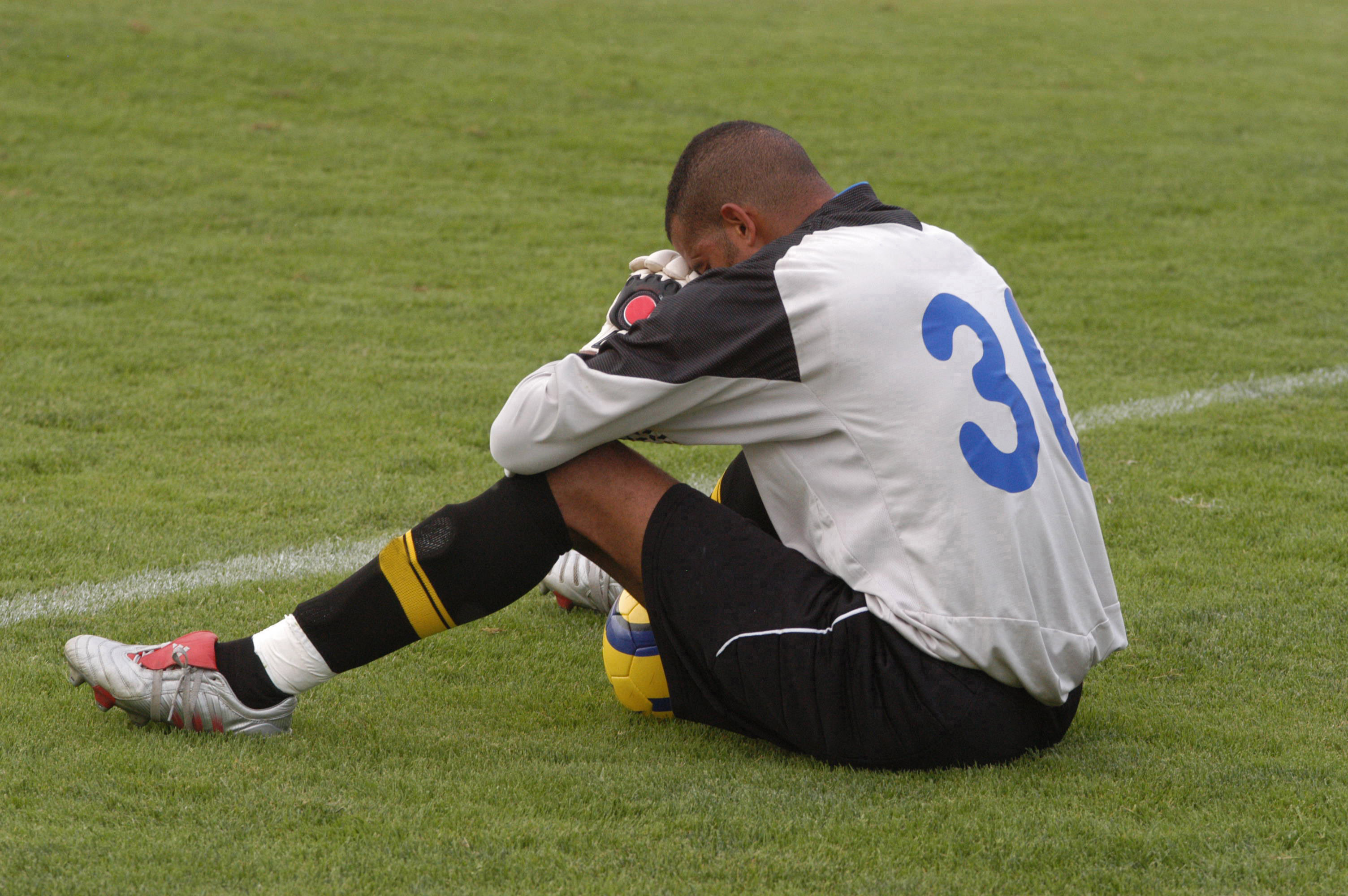
Welcome to Mental Moments with Dr. Megan! This new section will share quick information and tips for various mental performance topics and issues each month. To get us started, two FSU sport psychology students break down the importance of emotion regulation and how you can better manage your emotions to maintain composure during competition.
Dr. Megan Buning, CMPC, is a faculty member within FSU COACH and a Certified Mental Performance Consultant through the Association of Applied Sport Psychology.
Small humans, big feelings: Helping your athletes navigate their emotions
Rebecca Foti, M.S.
Headshot: https://drive.google.com/file/d/1ahyhoEC8qNVdTK1CP_Fhzq3amK4brQS6/view?usp=sharing
Link to optional handout: https://drive.google.com/file/d/1HNAqoXsLpiOcci6d3TRvUQluJSpzQ7jG/view?usp=sharing
Emotions. When you hear this word do you hesitate a bit? If so, you are likely not alone. For a while, the message in sports has been don’t show your emotions unless, of course, they are things like excitement, pride, happiness, etc. However, it’s no secret that many times, those positive emotions get replaced with negative ones, and in the process, your athletes may not perform at their best. So, what do you do about it?
As a coach, you can combine your expertise of your sport and your athletes with evidence-backed emotion regulation practices (Gross, 1998) to help your athletes get back on track. You might:
1. Select situations to encourage or prevent certain emotions in your athletes
2. Modify the situation causing the emotions
3. Shift your athlete’s focus away from what is causing the emotion
4. Shift your athlete’s viewpoint and thinking about the situation
5. Address the athlete’s emotional response (e.g., deep breathes)
One of the key components is that you don’t encourage the athlete to hide their emotions, but rather to express them in a way that quickly helps them focus back in on playing. So, what can you do to help your athletes with their emotions? More importantly, since athletes will match the energy and emotions you show them, how can you use these strategies for both yourself and them?

